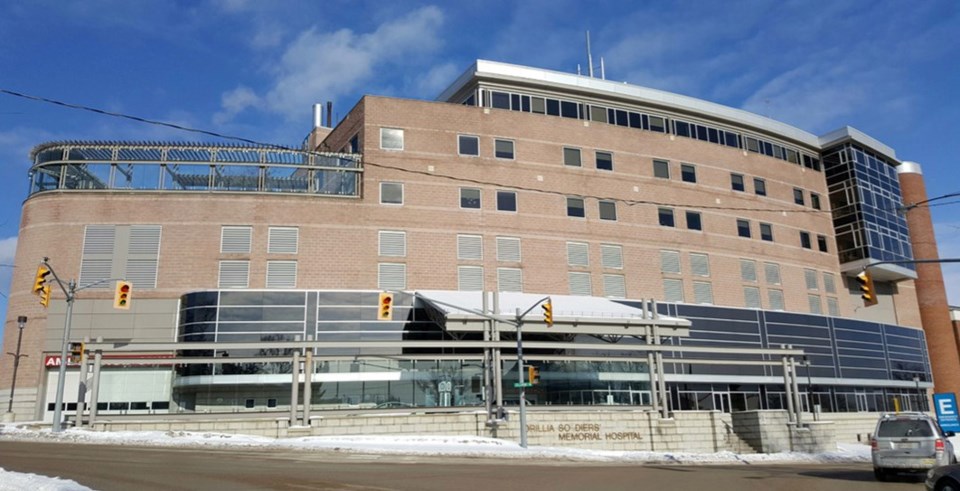In 13 minutes, you could have the results of your COVID-19 test.
It’s been about three weeks since Orillia Soldiers' Memorial Hospital (OSMH) was one of several across Ontario selected for Ontario Health’s rapid testing pilot project. The project was intended to provide rapid tests to more rural areas of Ontario to control spread of COVID-19.
Dr. Lindsay Alston is the clinical lead of the infection prevention and control department at OSMH.
“With this piece of equipment, we’ve been able to provide outreach to other hospitals. It’s a tool for our hospital, but also our community at large,” Alston told OrilliaMatters. “Testing does seem to be one of the biggest obstacles to containing the spread.”
The test is taken in the same way as a regular COVID-19 test, through a nasal swab, but the results come back within 13 minutes and are processed at the hospital. Regular COVID-19 tests need to be sent to a lab in Toronto for processing, which is what can lead to delays in getting results.
Once results come back from the rapid test, patients are still recommended to follow up with a traditional test. The purpose of the rapid test is to stop potential spread as quickly as possible and aid in contact tracing.
While Royal Victoria Regional Health Centre in Barrie has its own rapid testing machine and has used a different kind of rapid test, OSMH was the only hospital in Simcoe County chosen for the provincial pilot, which was announced Nov. 24.
Three weeks in, Alston said the rapid testing has made a difference in how the hospital has been able to manage the pandemic.
“From a clinical standpoint, this test has given us an extra tool in our arsenal to be able to quickly assess a situation. Previous to having access to this, if we had several patients with fever and respiratory symptoms, and you thought you might have several cases, you’d have to wait between 48 and 72 hours for confirmation. That’s a long time in the clinical world,” she said.
As part of the project, Ontario Health has determined for the time being that rapid tests can only be used for symptomatic health-care workers, in-patients with symptoms and asymptomatic patients who have had direct contact with a COVID-19 case.
“The test is fairly new. The other use we’ve looked at is in congregate living facilities, or other facilities where there’s potential for an outbreak. We want to be able to rapidly assess a large volume with fast answers,” said Alston.
The test has been used at a few facilities locally to determine if there was need to act quickly, she said, but she could not provide the names of those facilities due to privacy concerns.
“If it’s positive, we know sooner that we have to start mobilizing resources, do contact tracing, and cohort off those people so they’re not in contact with others,” she said.
“It has changed things from our perspective in being able to be more reactive and responsive.”
